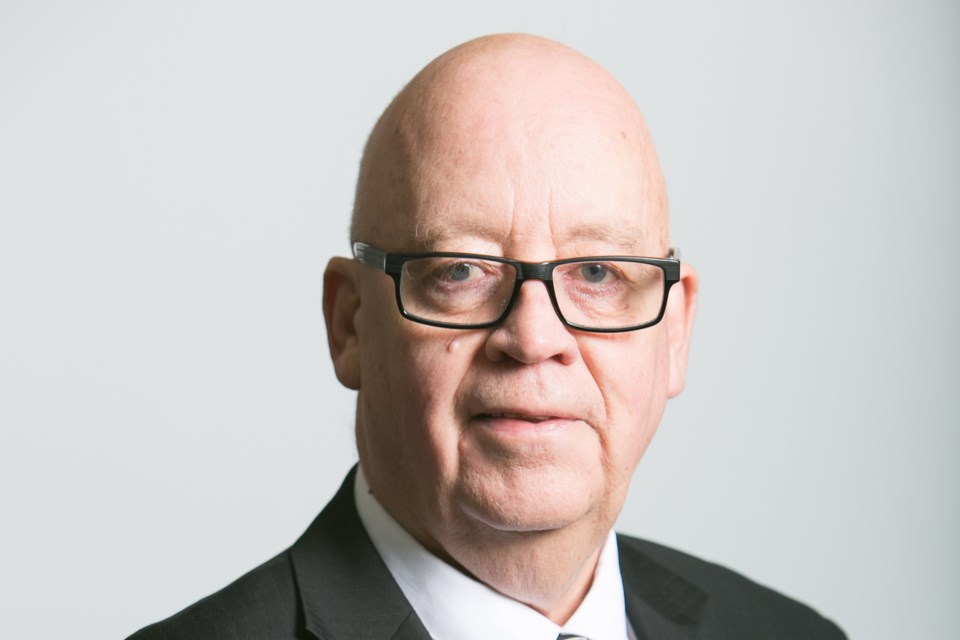The main purpose of the 16-year-old Conservative Party of Canada (CPC) has been to keep the Liberal Party of Canada from governing the nation.
Lacking a compelling vision of Canada, the CPC’s achievements are partisan, not public policy.
The party was founded in 2003 by Stephen Harper and Peter MacKay as a coalition of right-of-centre politicians and voters who have in common that they are not Liberals.
There has been no policy litmus test unless you count the party’s refusal to address the crises of moral values and leadership that have arisen in Canadian public life because of the 21st century issues of medical assistance in dying, abortion, and the rights and freedoms of the LGBTQ community.
The CPC formed government for nine of its 16 years.
It had three western Canadian leaders, Stephen Harper, Rona Ambrose and Andrew Scheer.
The first two ran the party with iron discipline. Andrew Scheer let the party succumb to divisions that are already defining the leadership campaign and will give Trudeau the next election.
Party co-founder Peter MacKay, Ontario MPs Erin O’Toole and Marilyn Gladu, and Vancouver millionaire Rick Peterson are all in and have launched campaigns. Social conservatives Richard Décarie, Leslyn Lewis, Derek Sloan and John Williamson are organizing support.
To be verified as candidates by the party, competitors must give $300,000 to the party, including a $100,000 refundable compliance deposit. Candidates must also gather the signatures of 3,000 nominators from members living across the country.
This is a high bar and will eliminate candidates without serious support.
There are three deadlines.
The first hurdle for entering the race has a deadline of Feb. 27, by when candidates must submit an application package including a questionnaire, a $25,000 fee, and 1,000 party member signatures across 30 ridings in seven provinces.
The next hurdle is to get access to the party’s membership list, candidates must raise $125,000 and gather another 1,000 signatures.
To get onto the final ballot, they must raise a further $150,000 and submit 1,000 more signatures by March 25.
Only MacKay has already fulfilled one of the conditions.
He gave the party the $300,000 entry fee when he joined the race on Jan. 25, and he will submit the signatures of his nominators before the prescribed deadlines.
Although MacKay is a co-founder of the party, when he announced his candidacy, he was attacked by rival Erin O’Toole for not being a real conservative.
Well, O’Toole has four months to share his vision about what a real conservative is.
Meanwhile, MacKay got off to a rusty start when his staff cut short an “exclusive” interview with a CTV reporter because they didn’t like a question she asked.
That incident will be studied by public relations undergraduates for the next few months as a horrible example of what not to do.
For his part, MacKay needs to teach his staff about who is in charge.
And why they can’t publicly embarrass him if they want those cushy jobs in the Prime Minister’s Office after the next election.
Frank Dabbs is a veteran political and business journalist and author.

